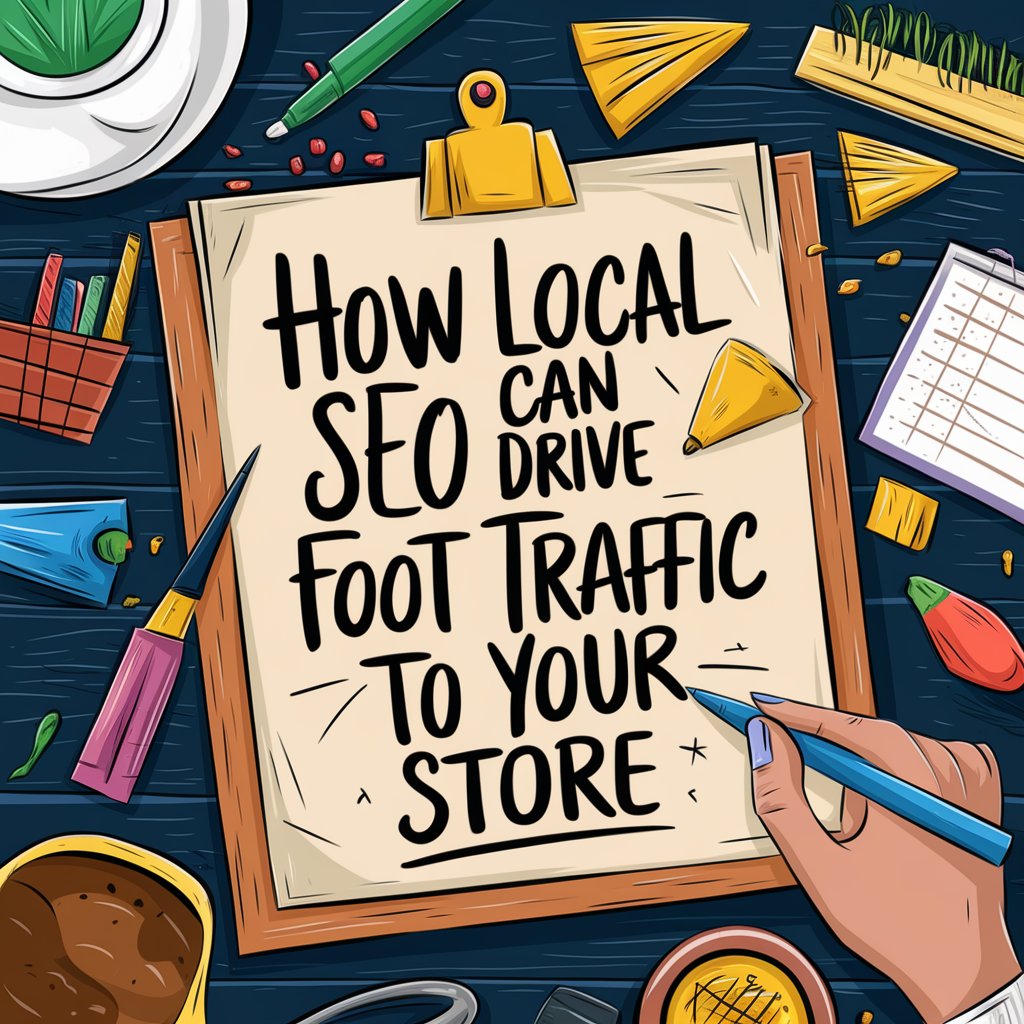In today’s digital marketplace, having a robust online presence is essential for any business seeking to thrive. A critical component of this presence is effective search engine optimisation (SEO), which can significantly impact your website’s visibility and overall success. However, finding the right SEO agency to partner with can be daunting, given the plethora of options available. This step-by-step guide will help you navigate the process of selecting the best SEO agency for your business needs, ensuring that you make an informed choice that aligns with your objectives.
Understanding Your SEO Needs
Before you begin your search for an SEO agency, it’s crucial to understand your specific needs and goals. This foundational step will not only guide your selection process but also help you articulate your expectations to potential agencies. For more insights on this topic, refer to our guide on how to choose an SEO agency, which provides detailed steps to ensure you make an informed decision. Consider the following:
- What are your business objectives? Clearly define your goals. Are you looking to increase website traffic, improve brand awareness, boost sales, or achieve a combination of these? Setting specific, measurable goals will help both you and the agency track progress and success.
- What is your budget? Determine how much you are willing to invest in SEO services. Remember that effective SEO is a long-term investment. While you may find lower-priced options, prioritise quality and proven results over cost alone.
- What specific services do you require? SEO encompasses various services, including keyword research, on-page optimisation, content creation, technical SEO audits, and link building. Knowing what you need will help narrow your options and ensure the agency can meet your specific requirements.
Researching Potential SEO Agencies
Once you have a clear understanding of your needs, it’s time to start researching potential SEO agencies. Here are key steps to take:
1. Look for Agencies with Proven Experience
Search for agencies that have a proven track record of success in your industry. Check their case studies, testimonials, and client reviews to gauge their effectiveness. Look for specific metrics, such as improved search rankings, increased website traffic, and enhanced conversion rates, to verify their claims. A reputable agency should be able to provide tangible evidence of their past successes.
2. Evaluate Their Services
Different agencies offer varying services, so make sure to choose one that provides the specific services you require. For instance, if content creation is essential to your strategy, look for an agency with a strong content marketing background. Additionally, ensure they stay updated on the latest SEO trends and algorithm changes, as this knowledge will help them implement effective strategies tailored to your business.
3. Check Their Online Presence
An SEO agency’s own online presence is a good indicator of their capabilities. Analyse their website for SEO best practices, such as page load speed, mobile optimisation, and clear navigation. If they can’t optimise their own site effectively, it raises questions about their ability to do the same for you. Check their blog or resource section for valuable content, as this can demonstrate their expertise and thought leadership in the field.
4. Look for Transparency and Communication
A reliable SEO agency will be transparent about their strategies and methods. They should provide clear reports and updates on their progress and be willing to discuss their tactics with you. Communication is key, so ensure that the agency values open dialogue and is responsive to your inquiries. Ask about their reporting process—regular updates and performance metrics are crucial for understanding the effectiveness of their efforts.
Interviewing Potential Agencies
Once you’ve narrowed down your list of potential agencies, it’s time to conduct interviews. Here are some questions to consider that can help you evaluate their fit for your business:
- What is your approach to SEO? Understanding their methodology will help you assess whether their strategies align with your goals. Inquire about their tactics for keyword research, on-page optimisation, link building, and content creation.
- Can you provide references? Asking for references from past clients can give you insight into their working relationship and results. Speak directly with these references to gain a better understanding of their experiences.
- How do you measure success? Inquire about the key performance indicators (KPIs) they use to measure the success of their campaigns and how often you will receive updates. Common KPIs include organic traffic, keyword rankings, and conversion rates.
- What tools do you use? A good agency should utilise a variety of tools for keyword research, analytics, and reporting. Familiarity with tools like Google Analytics, SEMrush, Moz, and Ahrefs can indicate their level of expertise.
Assessing the Fit
After the interviews, evaluate which agency feels like the best fit for your business. Consider the following factors:
- Cultural Fit: Choose an agency that shares your values and understands your brand’s vision. A strong partnership is built on mutual understanding and respect, so ensure that you feel comfortable collaborating with them.
- Expertise and Knowledge: Assess their level of expertise in your specific industry or niche. An agency familiar with your market will be better equipped to implement strategies that resonate with your target audience.
- Pricing Structure: Ensure their pricing aligns with your budget and offers good value for the services provided. Look for agencies that provide detailed proposals outlining their services, deliverables, and pricing models.
Making Your Decision
Once you’ve thoroughly researched, interviewed, and assessed potential agencies, it’s time to make your decision. Trust your instincts and choose an agency that not only meets your technical requirements but also feels right for your business. Remember, SEO is a long-term commitment, so select a partner with whom you can build a strong working relationship over time. A successful partnership will require collaboration, communication, and shared goals.
FAQs
1. How long does it take to see results from SEO?
The timeline for seeing results can vary based on several factors, including the competitiveness of your industry, the current state of your website, and the strategies employed. Generally, significant improvements can be expected within three to six months, but some businesses may see results sooner, especially with local SEO efforts.
2. Can I handle SEO in-house?
While it’s possible to manage SEO in-house, it requires a substantial investment of time and expertise. Many businesses find that partnering with an experienced agency can provide specialised knowledge and resources that may not be available internally, allowing them to focus on their core competencies.
3. What is the average cost of SEO services?
The cost of SEO services can vary widely depending on the agency, your specific needs, and your industry. On average, businesses may spend anywhere from $750 to $5,000 per month on SEO services, depending on the scope and complexity of the work required.
4. How often should I communicate with my SEO agency?
Regular communication is essential for a successful partnership. You should discuss how often you’ll receive updates, reports, and strategy reviews. Typically, monthly check-ins are a good standard, but more frequent communication may be necessary during the initial phases of your SEO campaign.
5. What happens if I’m not satisfied with the results?
Reputable agencies will have a plan in place for addressing any concerns. Discuss performance metrics upfront and ensure there is a clear understanding of the next steps if results are not meeting expectations. A good agency will be committed to continuous improvement and open to adjusting strategies as needed.






